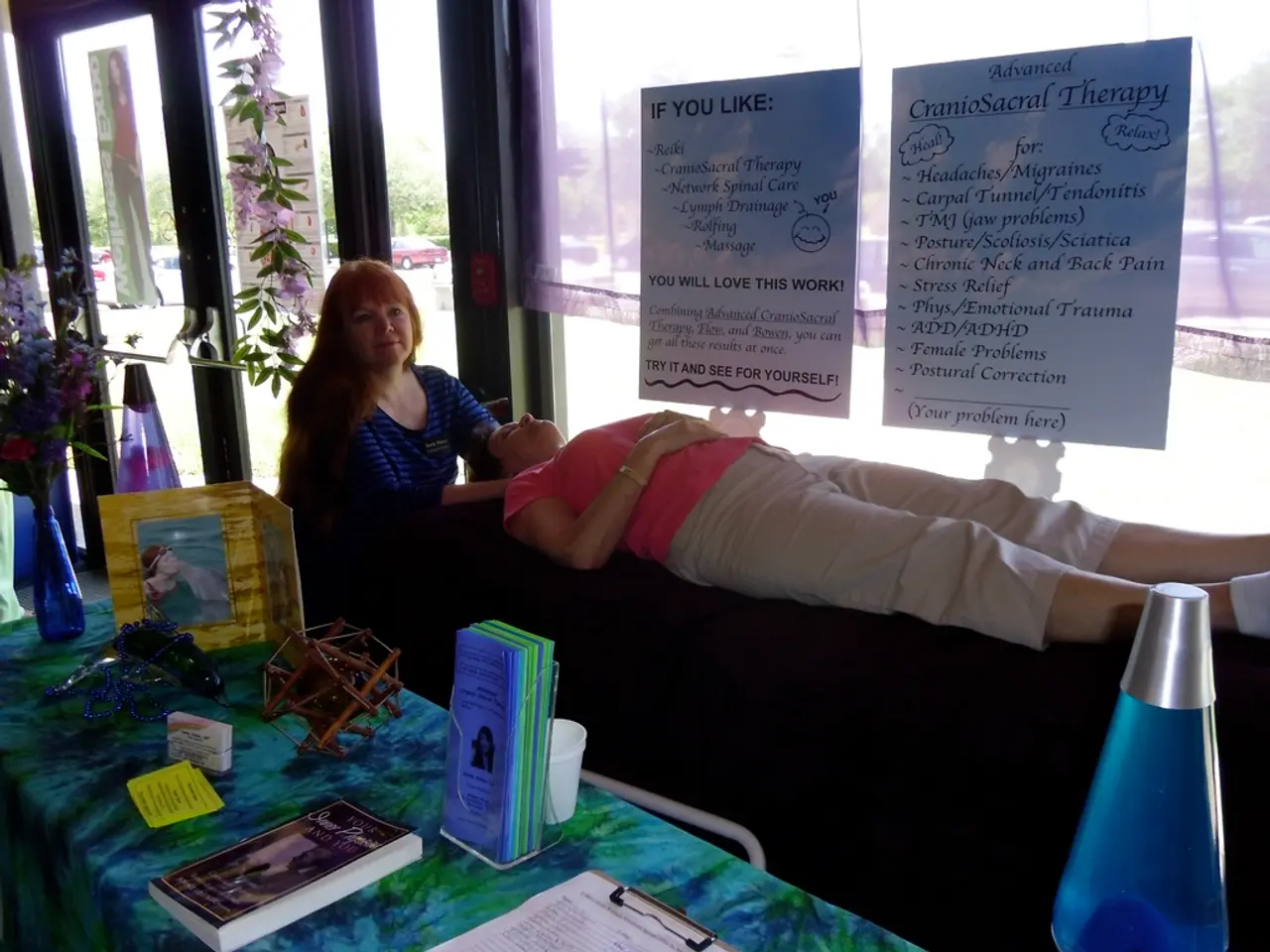Understanding and Defeating Self-Imposed Disability Bias
In today's world, it's essential to recognise and address internalized ableism, a phenomenon where one unconsciously adopts society's negative beliefs about disabilities. This article aims to provide valuable insights into identifying, understanding, and overcoming internalized ableism.
Recognising Internalized Ableism
One can recognise internalized ableism by noticing unconscious beliefs that being disabled is shameful, bad, or something to be hidden or overcome. It often appears as self-criticism, silence about disability, or adopting negative societal stereotypes about disability in daily thoughts and behaviours. For example, this might manifest as feeling ashamed for needing accommodations or downplaying disability-related struggles.
Overcoming Internalized Ableism
To overcome internalized ableism in daily life, key strategies include:
- Awareness and reflection: Actively identify and question negative beliefs about disability that you have internalized, recognizing these as products of societal prejudice rather than objective truths.
- Rejecting ableist "quiet rules": Challenge unspoken societal expectations that disabled people must conform to able-bodied norms or hide impairment-related needs. For example, accepting accommodations and honoring your own bodily needs without guilt.
- Community and disability pride: Engage with disability-affirming communities and resources that frame disability as a valid and valuable part of human diversity. This helps reshape identity away from deficit toward pride and resilience.
- Unlearning masking and camouflage: Especially relevant for neurodivergent people, recognising when masking traits is driven by internalized stigma and learning to express authentic experiences without shame.
- Self-compassion and care work: Prioritise rest, honoring crip time (the practice of timing life around one’s health needs), and recognise the cumulative impact of pushing beyond limits can exacerbate internalized ableism and burnout.
- Education and language shifting: Use inclusive and affirming language about disability in self-talk and discussions, and educate oneself about disability justice frameworks to contextualise internalised beliefs within systemic ableism.
These approaches are affirmatively connected with improved well-being, reducing the negative health impacts internalized ableism imposes on disabled young people. Recognising and mitigating internalized ableism is crucial for disabled individuals' health and identity.
Our Website: A Supportive Resource
At our website, we strive to provide the most up-to-date, valuable, and objective information on mental health-related topics to help readers make informed decisions. We connect individuals with affirming mental health professionals who can help navigate the unique challenges and strengths that come from living with a disability. Our website offers online therapy covered by Medicare and accepts most major insurance providers, making care accessible to all.
The articles on our website are written by experienced mental health-wellness contributors and are grounded in scientific research and evidence-based practices. They contain trusted third-party sources that are either directly linked to in the text or listed at the bottom for easy access. The articles are extensively reviewed by a team of clinical experts to ensure content is accurate and on par with current industry standards.
Working with a therapist who is skilled in disability-affirming care and exploring the benefits of group therapy can be excellent ways to process ableist views and heal. Engaging with the disabled community can provide healing and a new perspective on life. Seeking out community events, support groups, creators, advocates, and influencers who are part of the disabled community can be beneficial.
In conclusion, daily recognition involves monitoring one's thoughts and feelings toward disability for shame or negativity, while overcoming it involves conscious unlearning, embracing disability identity positively, self-care, and finding supportive community and narratives that counter societal ableism. Remember, internalized ableism is not a personal failure, but a natural reaction to a society that equates worth to health and ability. Using empowering language, such as "disabled" with pride, can help one feel powerful. Research shows that internalized ableism can cause anxiety, depression, isolation, powerlessness, and feelings of inferiority. By recognising and addressing internalized ableism, individuals can lead fulfilling, empowered lives.
- Anxiety and depression, often caused by internalized ableism, can be significantly reduced by recognizing and overcoming this phenomenon.
- In the realm of mental health and wellness, understanding and embracing one's disability identity is crucial for personal growth.
- Exploring education and self-development resources, such as online therapy, can provide valuable insight into overcoming internalized ableism.
- Science supports the notion that addressing internalized ableism leads to improved mental health and overall health-and-wellness outcomes.




